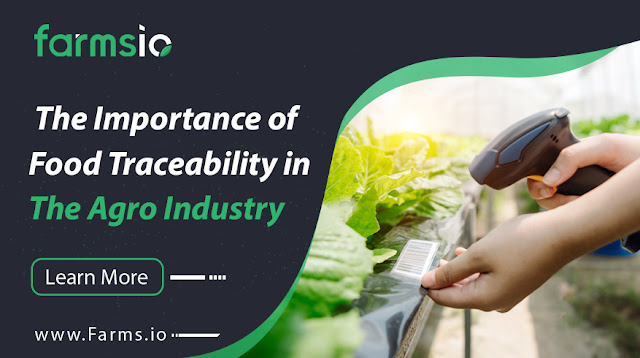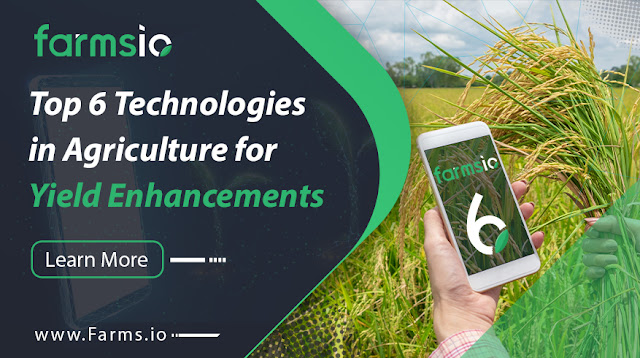The Importance of Food Traceability in The Agro Industry
Food Traceability is the ability to trace and follow the food produced or processing that passed through all stages of production and distribution through the value chain. So is also called the ability to trace the history of various farm inputs applied to produce the product or the process it underwent during the production, packing, or supply chain.
“It is known that Food Traceability involves Identifying the origin of the food, ingredients applied and food source.”
The essential role of Food Traceability

The role of food traceability is to maintain food safety. Traceability requires food producers to have sound, integrated systems in place to ensure effective controls, both in day-to-day operations but also in the case of a contamination or other safety issue.
- Food Traceability
- Food Trackability
Traceability – Traceability consists of two distinct components: tracking and tracing. Tracing creates a history of a product’s navigation throughout the entire food chain. Whether for a single unit or a batch, the tracing history provides information about the product’s origin and its movements forward.
Trackability – While tracking is the ability to pinpoint the destination of a particular product, following its path through the food chain from the point of manufacturing to the final point of sale or point of consumption.
In comparison, tracing looks backward to a product’s origin while tracking looks forward to its destination.




Comments
Post a Comment